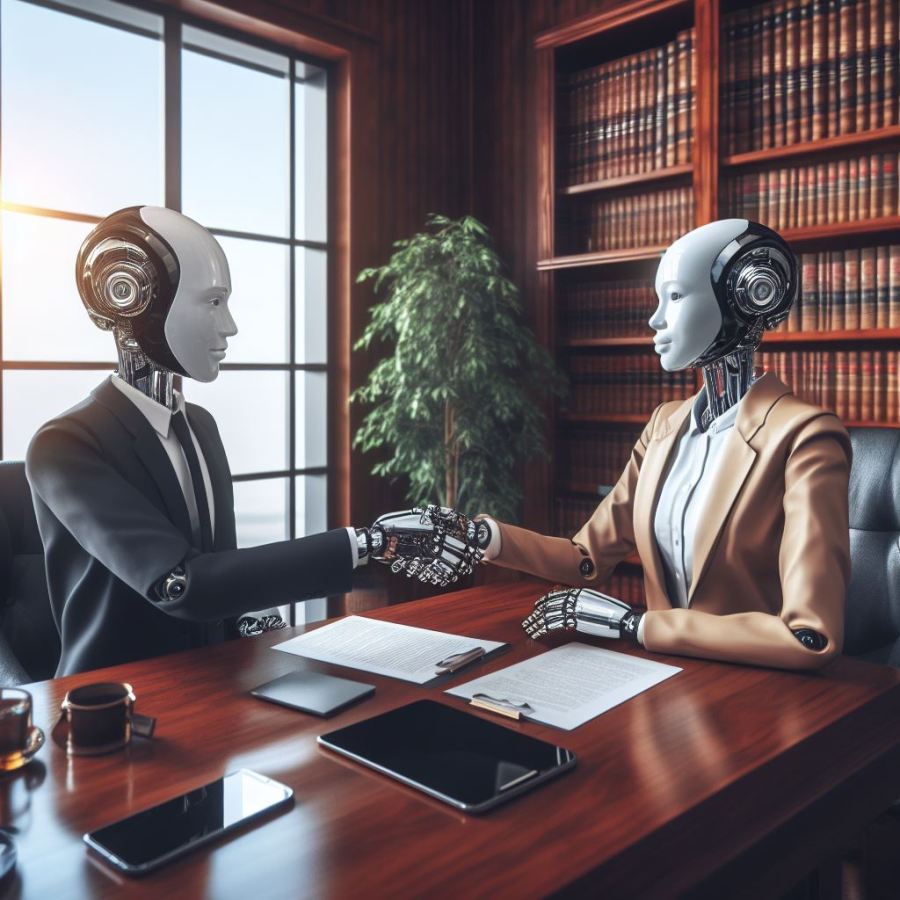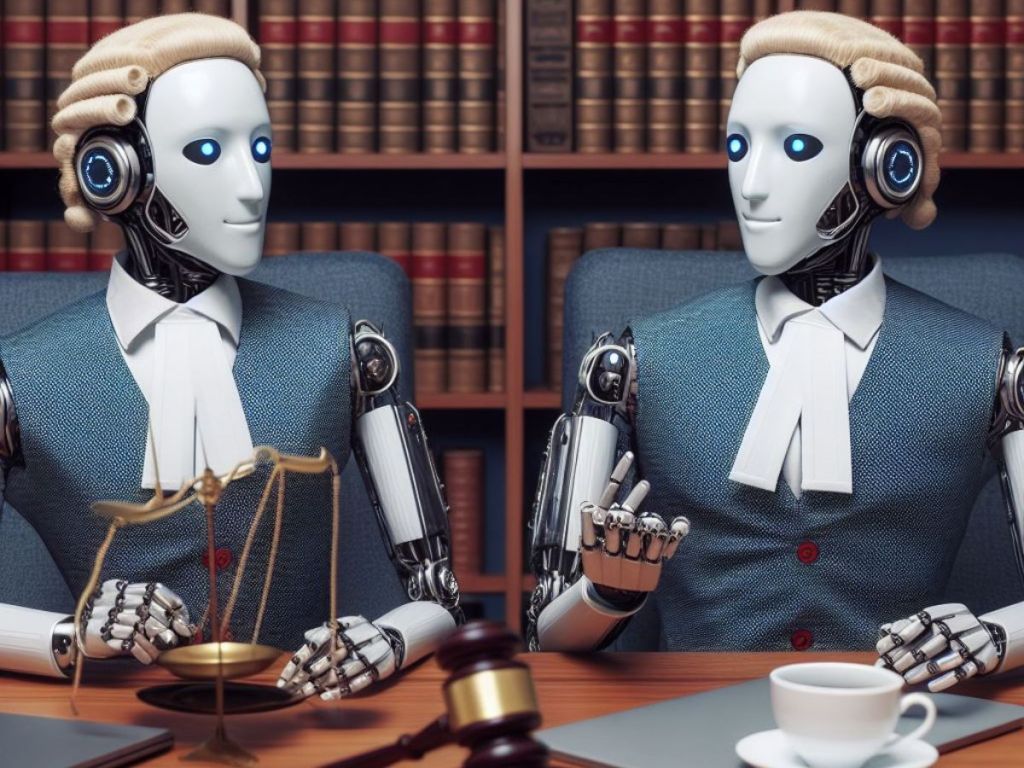Two AI lawyers successfully agreed on a legally-binding non-disclosure agreement. Yep the AI lawyer bots negotiated a deal, in record time, and sent it to the humans to sign.
The two AIs, made by lawtech company Luminance, discussed the details of a real Non-Disclosure Agreement between the firm and proSapient, one of Luminance’s clients.
Luminance’s new tool called Luminance Autopilot can automate the process of contract negotiation.
Contract negotiation can be a long and boring process, especially for simple and common contracts, like non-disclosure agreements (NDAs). NDAs are contracts that say that one party will not share the confidential information of another party with anyone else.
However, using the AIs, the contract was finalised within minutes and the only time a human was needed, was to sign it. Is this the end of gruesomely boring paperwork?
This industry-shaking demonstration between the AIs came just after Elon Musk predicted that AI would eventually create a jobless paradise where no one had to work.
While automation has historically replaced physical repetitive work, Luminance’s legal AI showed that even lawyers and other intellectual professions may be free of the parts of the jobs they hate.
Lawyers have to check every word and every clause of reams and reams of paperwork, because a small mistake could cost their clients a lot of money or trouble.
And yet, an AI assistant could scan the documents, find the problems, and negotiate with the other side and reach a deal that both parties are happy with.
Do we embrace the bots?
Darren Fooks is special counsel at Salerno Law on the Gold Coast. Would Fooks be open to using such AIs? He told The Chainsaw, “The answer is yes. I think it’s great to have technology that advances our ability to do things as long as there’s an experienced professional to oversee it, making sure the client is getting their legal needs taken care of properly.
“It also frees lawyers up to deal with the real stuff that makes a difference for businesses. So I think it’s excellent. The more you can concentrate on doing the important stuff, which is helping clients do the deals, the better.”
Fooks said a lot of his current work could be handed over to AIs, like NDAs, business agreements, commodity sale agreements, conveyancing and standard court documents.
“There’s a whole bunch of this stuff that we take off humans. If we don’t have to spend the labour on it, we can put our time into better things.”
And he said this could cut costs for clients, because “person time is very expensive. Automation takes down cost.”
Fooks said automation could mean that lawyers could actually spend more time actually doing “face to face, as opposed to putting our heads into simple documents. There are so many areas where this can come into and have a good effect.”

How the deal worked
The Luminance AIs independently read and reviewed the contract before proposing changes and making adjustments.
When the AI negotiated an NDA, two AIs exchanged emails with the NDA attached, and opened it in Microsoft Word. Autopilot scanned the NDA and made changes to it, based on the preferences and policies of each party.
The other AI also made changes to the NDA, trying to get a better deal for its owner.
For example, the NDA started out as a six-year contract. But Luminance’s AI recognised that this violated the company’s policy and automatically revised it to a three-year term instead.
After a few rounds of back and forth, the computers agreed on a final version of the NDA that was acceptable to both parties. The other computer sent the NDA to Docusign, a website that lets people sign contracts online.
Then, the humans could review the NDA and decide whether to sign it or not.
Will paperwork be a task of the past? Sounds like a pretty good future from this point!





